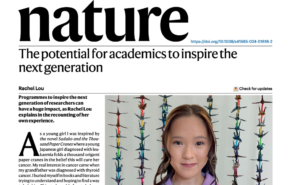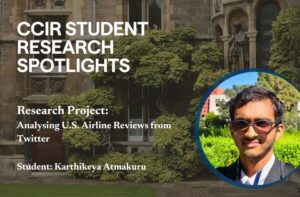Pravartika Wankhede, an alumna of the CCIR Academy, embarked on her research journey while she was a Year 12 high school student at Girls’ High School and College in India. Prior to joining the CCIR Academy, Pravartika had already gained experience as a research fellow at Harvard’s Socioeconomics Lab. Her work at Harvard focused on the pressing issue of the migrant labour crisis in India, shedding light on the challenges faced by undocumented workers, particularly women and Dalit labourers who had previously been overlooked.
During her time as a Civic in Action Fellow at Write the World, a program funded by the National Children’s Fund, Pravartika delved into the complexities of Dalitality and its intersection with class and gender. Drawing from her personal experiences as an individual belonging to historically marginalised groups in terms of gender, sexuality, class, and caste, Pravartika recognized the urgency of studying the functioning of the state and identifying ways to dismantle oppressive systems.
At CCIR Academy, Pravartika devoted her research project to investigating a crucial issue in her community. Titled “The Penalty on Menstruation: Can Impoverished Indian Women ‘Choose’ Medically Unnecessary Hysterectomies to Improve Their Employability?”, her paper undertakes an academic examination of the alarmingly high rate of medically unnecessary hysterectomies performed in the Beed district of India—14 times more frequent than the national average. Her research delves into important themes, including women’s agency and the caste-based discrimination faced by impoverished migrant sugarcane workers.
In a recent episode of the CCIR Academy Student Spotlights, Pravartika had the opportunity to share her valuable insights on her research project and reflect on her overall research journey.





